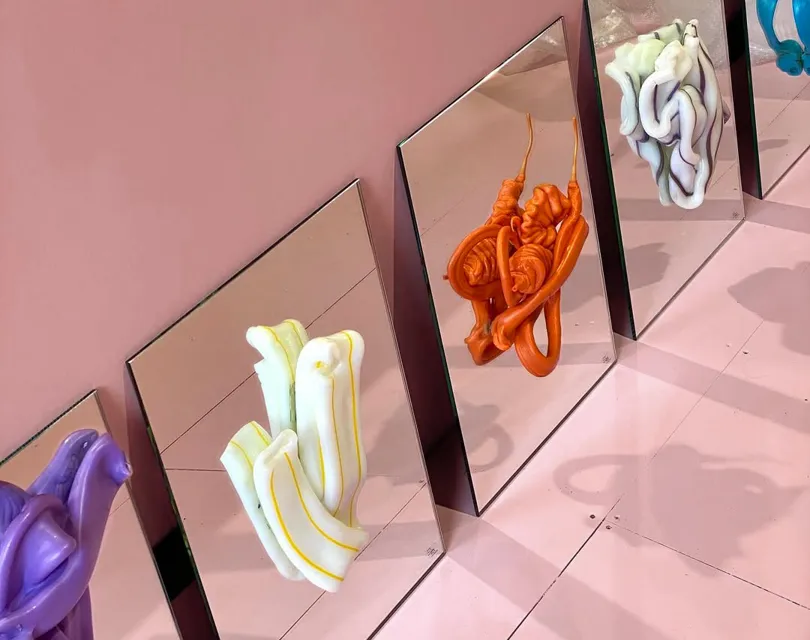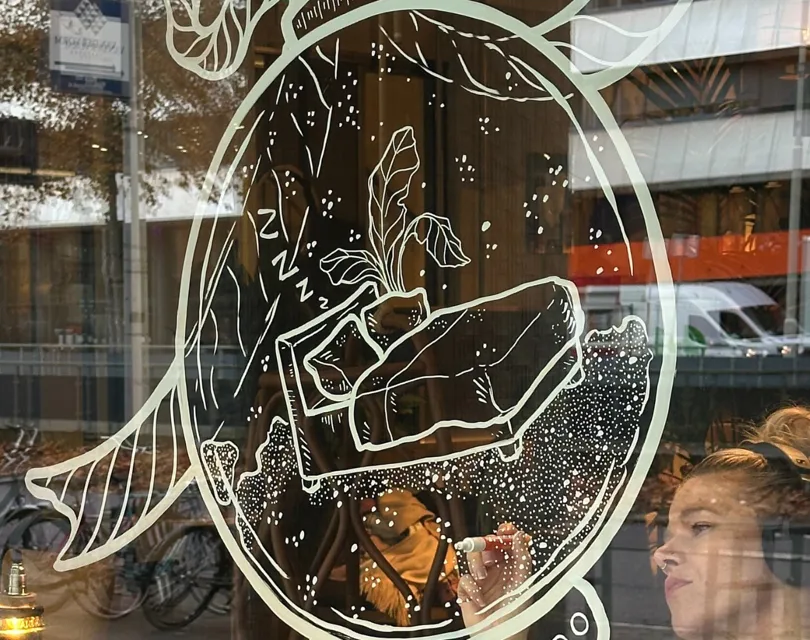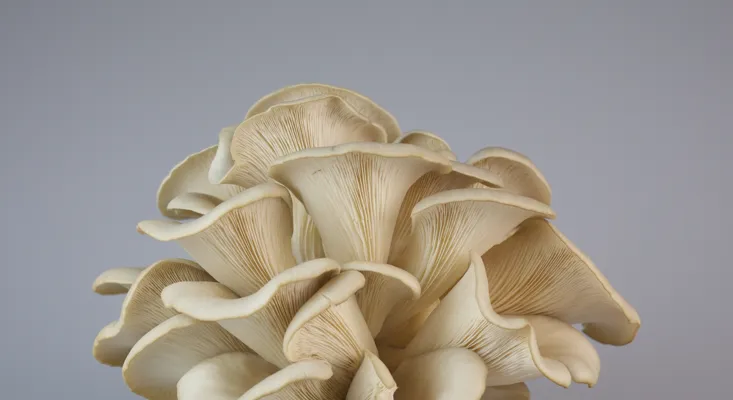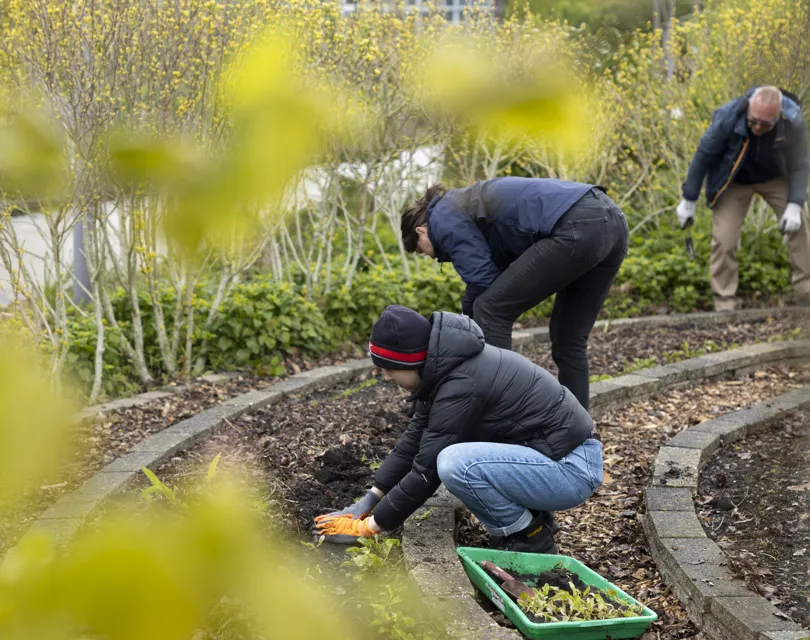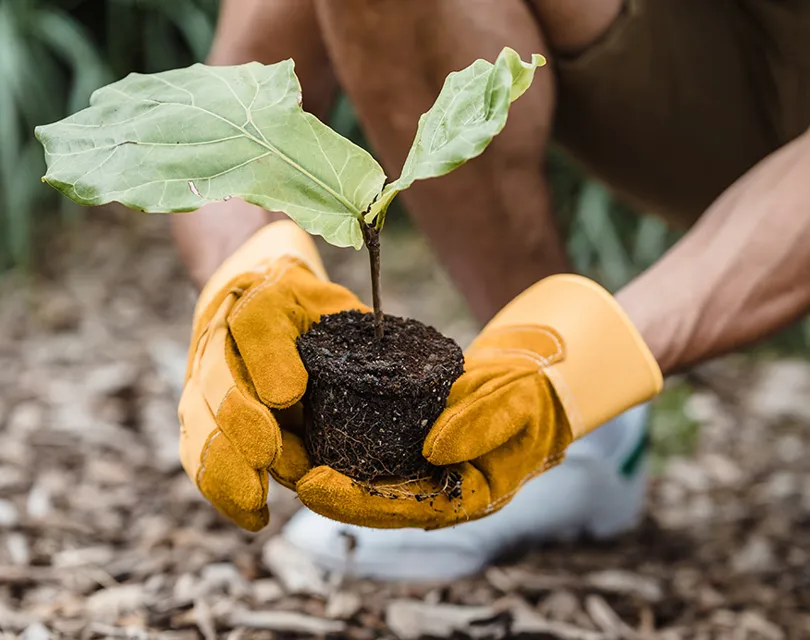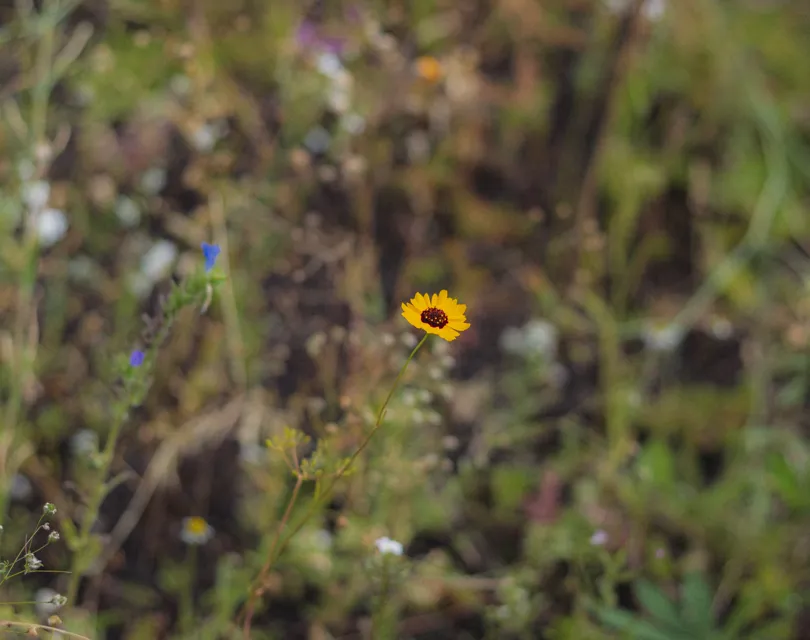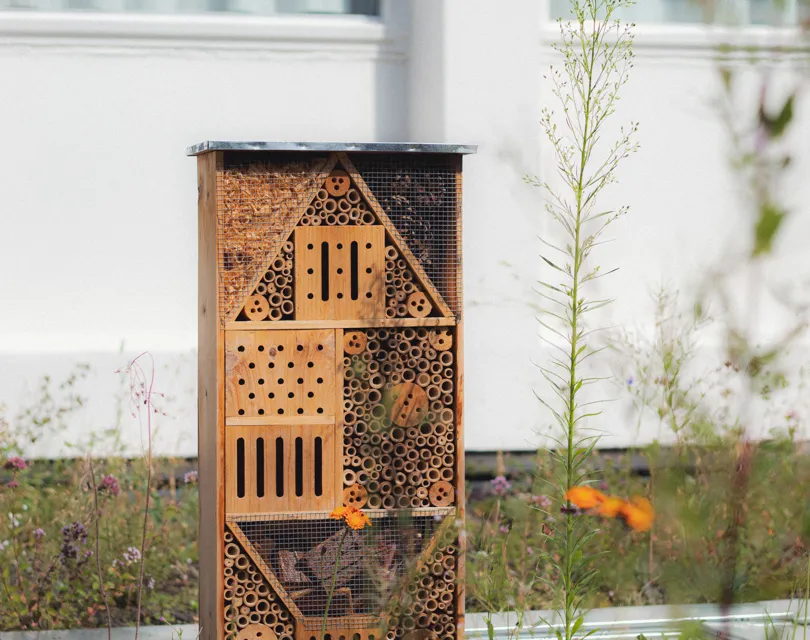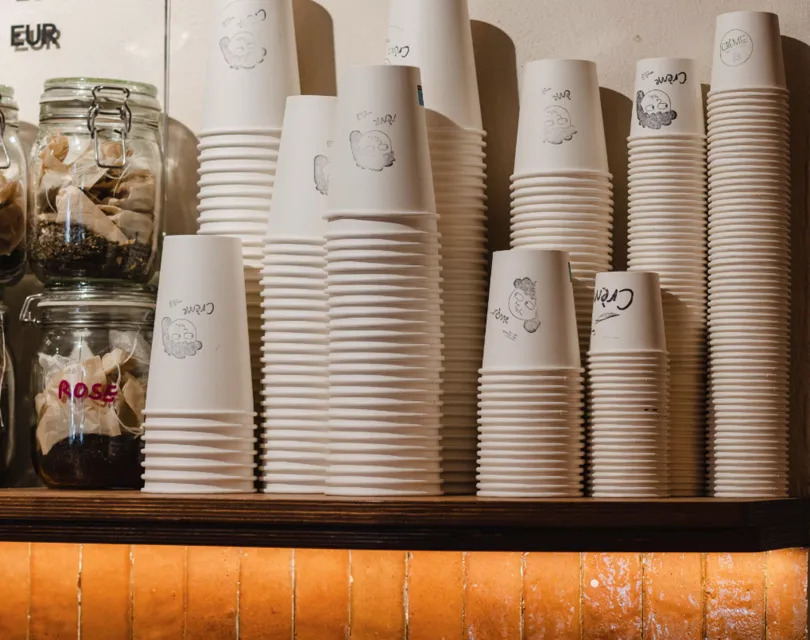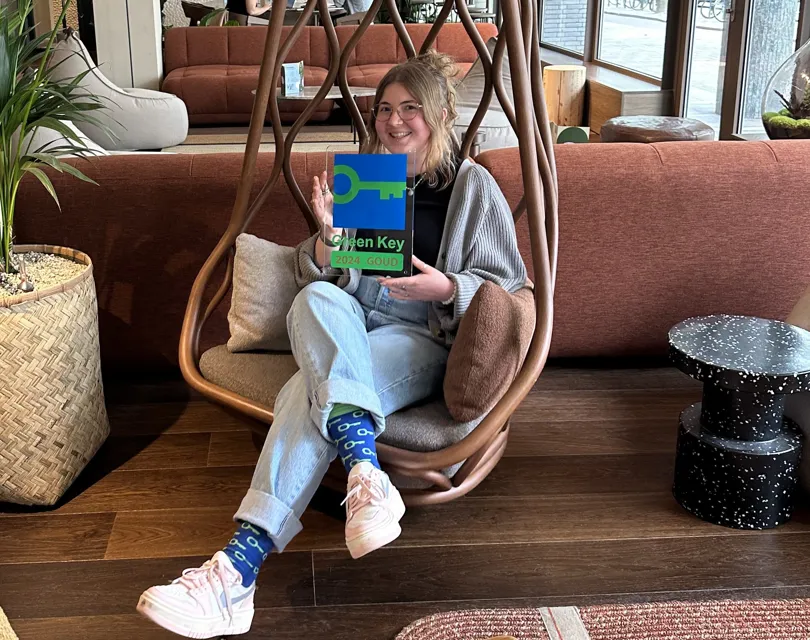‣ By challenging the rules that hold innovation back
Bringing this type of innovation always holds some challenges. For years, growing mushrooms on coffee grounds wasn’t even legally allowed, so regulations considered it “waste”. It took patience, persistence, and four years of pushing before the rules were updated.
And the challenges continue: compost that remains after mushroom cultivation is labelled as waste, even though it can break down plastics, filter drug residues in water, and absorb heavy metals. As Florian puts it: “Regulations are often 20 years behind, and that really slows down innovation.”
‣ How are mushrooms a healthy addition to our diet?
Beyond their role in tackling waste, mushrooms are also underrated superfoods. They’re packed with nutrients, support the immune system, and even protect against diseases like Alzheimer’s. Just 100 grams a week can make a huge difference to long-term health.
Rotterzwam sees them as more than food. They’re tiny bioreactors, capable of transforming waste into value, health, and new opportunities. And the beauty is, anyone can try it. Even a bag of coffee grounds at home can become the start of your own little circular farm.









